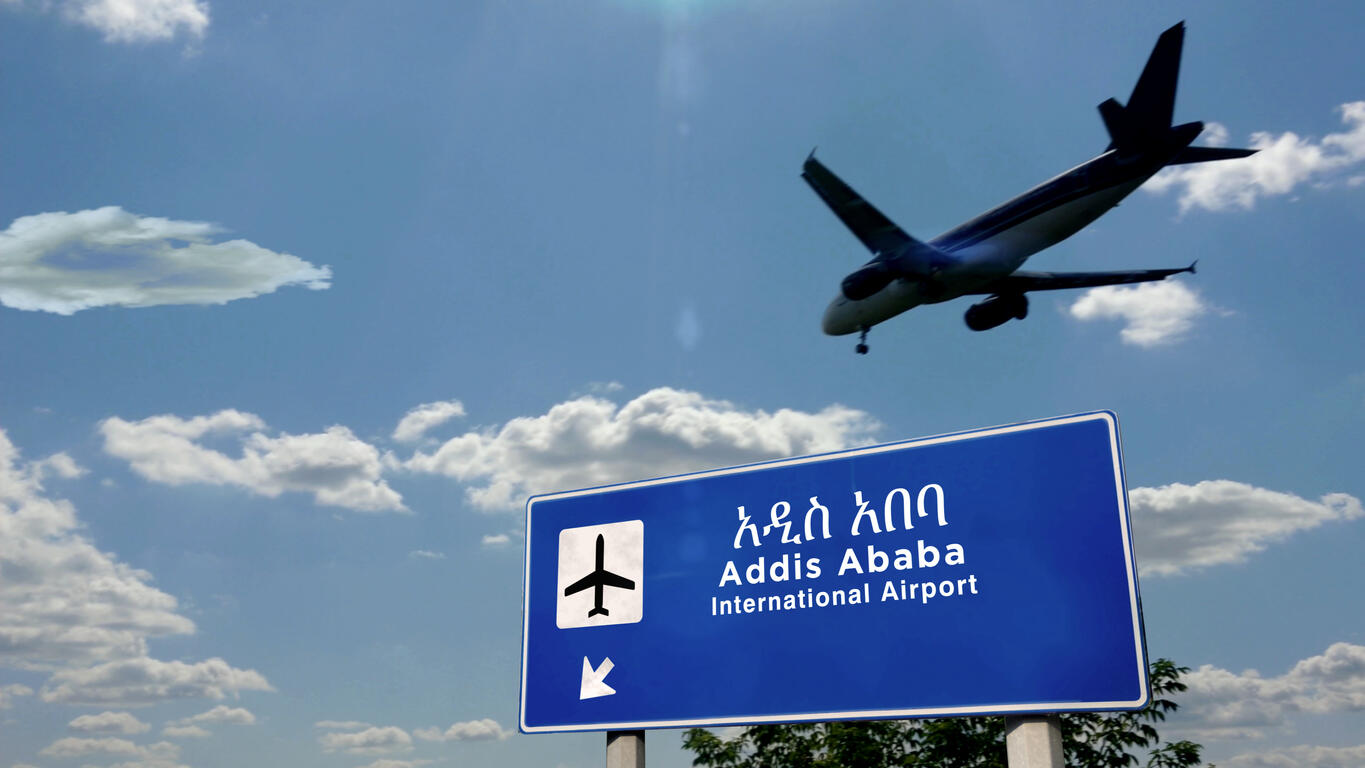
The Carbon/Travel Group was established to look at ways to reduce LSTM’s carbon footprint, with a particular focus on opportunities for change that will reduce the energy use and associated greenhouse gas emissions from the transport sector.
We meet regularly to discuss our activities and to action the SEC targets of:
· Reducing air travel emissions for business use by reducing the number of flights taken by LSTM staff and a reduction in business class travel
· Developing the local travel plan by reducing dependency on single car occupancy to decrease the environmental impact of transport to and from LSTM
· Promoting the health and wellbeing of LSTM staff and students
Travel Assessments
INTERNATIONAL
In July 2020, the Carbon/Travel Group carried out a school-wide survey to investigate staff international travel throughout 2019, and gauge opinions on how LSTM as an institute could best reduce its carbon footprint.
This travel assessment was conducted in two Phases:
Phase I: Staff Travel Survey
We received 185 responses to the staff travel survey (31.7% of staff).
The results show very different and widespread attitudes towards the importance of limiting emissions: 42 respondents rated the importance of limiting emission as high (score of 8, 9 or 10); 64 rated it at medium importance (giving it a score of 5, 6 or 7) and the remaining 67 respondents rated it at low importance (score of 1, 2, 3 or 4). There was no clear-cut majority, and it is therefore challenging to draw a definite conclusion on what the prevailing attitude towards reducing emission is, at LSTM. When we asked staff to list additional initiatives, they would consider to be impactful in reducing LSTM's carbon footprint, it became apparent why the activities we proposed scored low on impact: staff clearly prefer incentives, changes in policies & culture, and alternatives, rather than limitations. Travel restrictions were seen as a potential obstacle to the delivery of our global health work which is often based on face-to-face interactions with colleagues overseas. Many respondents also highlighted that we must not create stigma around travelling as this is part of our job in global health, and whilst non-essential/non-vital travel should be avoided, we should not stigmatise against those who travel to do their job. Finally, the survey highlighted 3 guiding principles listed below:
GUIDING PRINCIPLE 1: EQUITY
GUIDING PRINCIPLE 2: TRANSPARENCY
GUIDING PRINCIPLE 3: LEADERSHIP
The results from this Survey can be viewed in this Report.
Phase II: Focus group discussions
Following on from the staff travel survey, we invited staff and students to take part in a series of focus group discussions (FGDs) aimed at understanding perspectives on LSTM social and environmental responsibility with regards to reducing carbon emissions, with a particular focus on international travel.
All participants agreed on LSTM’s responsibility towards a greener profile and on the possibility to improve travel policies. Discussions about feasible approaches revealed concerns about the ability to mediate between requirements of different roles at different career stages, the logistical and financial constraints of implementing school-wide change, and the returns of such possible investments.
More information on findings and strategic plans can be found in this Report.

LOCAL
In August 2021, LSTM Estates in collaboration with an external consultant, has carried out a short Travel Attitude Survey to better understand how staff are feeling about travelling to work or study (locally). Responses are anonymous and will give LSTM an indication as to how staff intend to travel to and from LSTM.
Results will be available at the end of 2021.